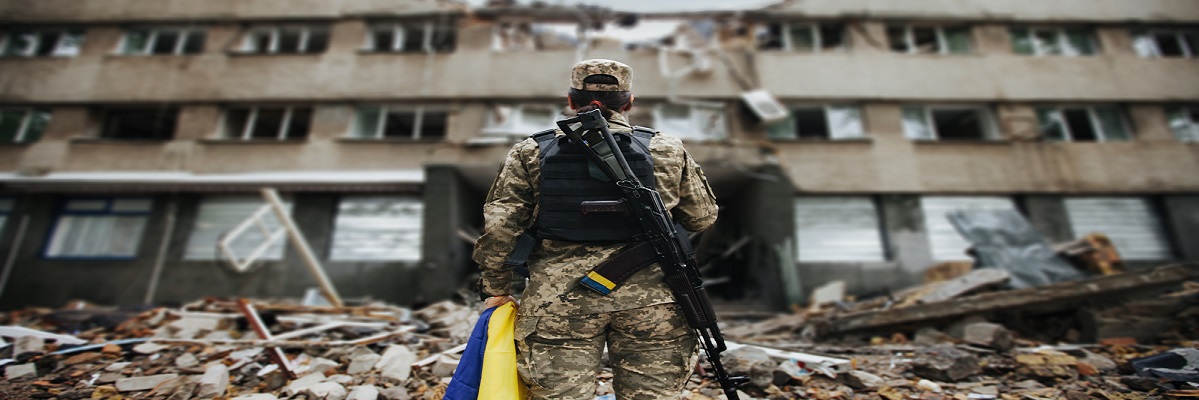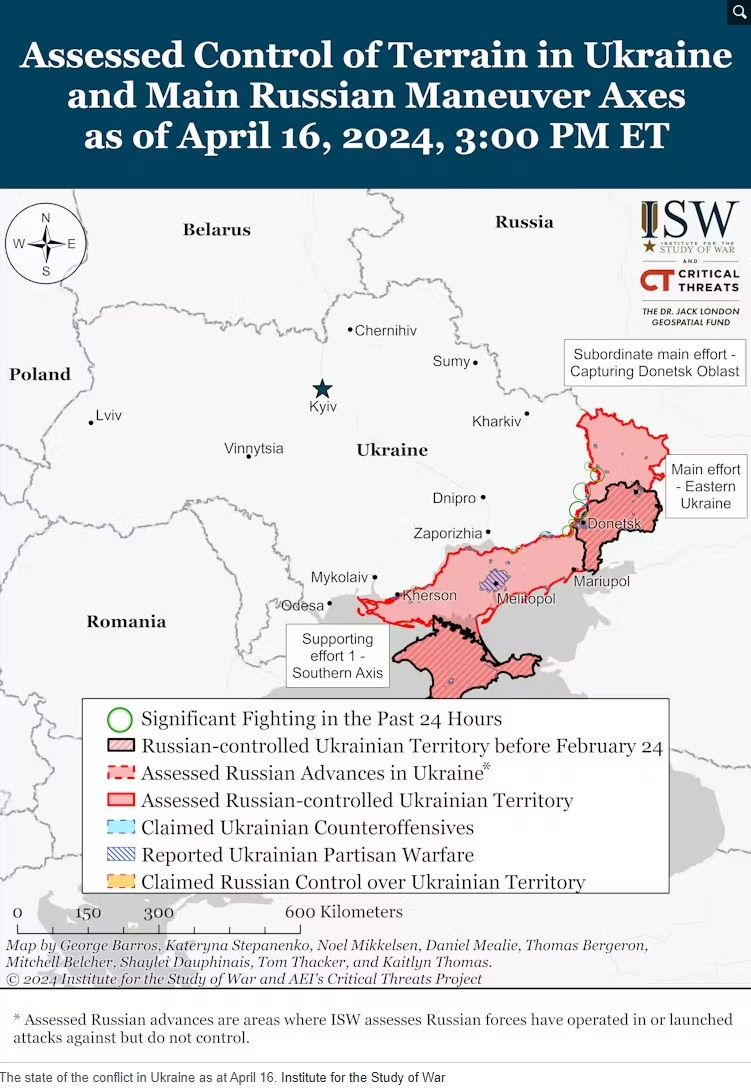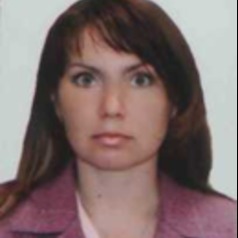Defense & Security
Ukraine is losing the war and the west faces a stark choice: help now or face a resurgent and aggressive Russia

Image Source : Shutterstock
Subscribe to our weekly newsletters for free
If you want to subscribe to World & New World Newsletter, please enter
your e-mail
Defense & Security

Image Source : Shutterstock
First Published in: Apr.17,2024
May.17, 2024
Ukraine is now experiencing a level of existential threat comparable only to the situation immediately after the full-scale Russian invasion in February 2022. But in contrast to then, improvements are unlikely – at least not soon. Not only have conditions along the frontline significantly worsened, according to the Ukrainian commander-in-chief, Oleksandr Syrsky, but the very possibility of a Ukrainian defeat is now discussed in public by people like the former commander of the UK’s Joint Forces Command, General Sir Richard Barrons. Barrons told the BBC on April 13 that Ukraine could lose the war in 2024 “because Ukraine may come to feel it can’t win … And when it gets to that point, why will people want to fight and die any longer, just to defend the indefensible?” This may be his way of trying to push the west to provide more military aid to Ukraine faster. Yet the fact that the Nato secretary general, Jens Stoltenberg, publicly accepts that to end the war Ukraine will have to negotiate with Russia and decide “what kind of compromises they’re willing to do” is a clear indication that things are not going well for Ukraine. There are several reasons for what appears to be an increasingly defeatist narrative. First is the worsening situation at the front where Ukraine lacks both manpower and equipment and ammunition to hold the line against Russia. This will not change any time soon. The new Ukrainian mobilisation law has only just been approved. It will take time to train, deploy and integrate new troops at the front. At the same time, Russia’s economy has been resilient to western sanctions and seen growth driven by the war. On top of deliveries from Iran and North Korea dual-use technology, including electrical components and machine tools for arms manufacture, has been supplied by China. Moscow has also managed to produce a lot of its own equipment and ammunition. Much of this is being made in facilities beyond the reach of Ukrainian weapons. This is not to say that all is well with Russian resupplies, but they are superior to what Ukraine can manage on its own in the absence of western support.
This changing balance of capabilities to sustain the war effort, which now increasingly favours Russia, has enabled the Kremlin to adopt a strategy of grinding down Ukrainian defences along long stretches of the front, especially in Donbas in the east, where Russian pressure has been applied in recent months.

There is also a large concentration of Russian troops across the border from Kharkiv at the moment. Ukraine’s second-largest city has come under increased Russian attacks over the past several weeks which has led to mandatory evacuations from three districts in the region. The approximately 100,000 to 120,000 Russian troops would not be sufficient for another successful Russian cross-border offensive, but they are enough to tie down large numbers of Ukrainian forces which, therefore, cannot be used in other potentially more vulnerable areas of the frontline. Short of a sudden collapse of a significant part of the Ukrainian defence lines, a massive Russian advance is unlikely in the foreseeable future. But part of what Russia is trying to do right now with its broad push against Ukraine’s defences is probe for weaknesses to exploit in a larger offensive later in the spring or early in the summer. In this context, it is important to remember Russia’s proclaimed overall goals, especially the Kremlin’s territorial claims to all four of the regions Moscow annexed in September 2022. There is no indication that these objectives have changed, and Russia’s current operations on the battlefield are consistent with this. Capturing the remainder of the Donetsk region would be the first step and provide a basis for subsequent further gains in the Zaporizhzhia region in southern Ukraine and the Kherson region in the centre, especially retaking the city of Kherson, which Ukraine liberated in late autumn 2022. A Ukrainian withdrawal behind better defensible positions away from the current frontline in Donbas would make the former goal – capturing all of Donbas – more achievable for Russia, but deny the Kremlin success in Zaporzhiya and Kherson. It would also frustrate any Russian hopes of capturing the remainder of the Ukrainian Black Sea coast all the way through to Odesa. Whether this Ukrainian strategy can succeed, however, will significantly depend on what kind of western support will be forthcoming and how soon.
The most optimistic outcome is that Kyiv’s western allies rapidly increase military support for Ukraine. This must include ammunition, air defence systems, armoured vehicles and drones. At the same time, the western defence industrial base, especially in Europe, needs to switch to a similar war footing as in Russia. On that basis, the situation along the frontlines could stabilise and whatever offensive moves Russia has planned now would not gain much new ground. This most optimistic outcome would constitute a slightly improved situation for Ukraine – any more than that is unlikely at present. The worst case would be a collapse of parts of the frontline that would enable further Russian gains. While not necessarily likely as things stand right now, if it were to happen it would also be a major problem for morale in Ukraine. It would empower doubters in the west to push Ukraine into negotiations at a time when it would be weak, even if almost three-quarters of Ukrainians are open to the idea of negotiations. The worst outcome therefore is not Moscow taking Kyiv, but a military defeat of Ukraine in all but name. A major Russian offensive in the summer, if successful, would force Kyiv into a bad compromise. Beyond defeat for Ukraine, it would also mean humiliation of the west and a likely complete fracturing of the so far relatively united front of support for Kyiv, thus further empowering the Kremlin. In such a scenario, any compromises imposed by Russia on Ukraine on the back of Kremlin wins on the battlefield would probably be mere stepping stones in Putin’s unending quest to restore the Russian empire of his Soviet dreams.
First published in :

Professor of International Security, University of Birmingham. The author and editor of twenty-four books and almost one-hundred journal articles and book chapters, Stefan Wolff is Professor of International Security at the University of Birmingham, England, UK. A political scientist by background, he specialises in the management of contemporary security challenges, especially in the prevention and settlement of ethnic conflicts and civil wars, and in post-conflict reconstruction, peace-building and state-building in deeply divided and war-torn societies. His expertise also includes geopolitics and in particular great-power rivalries in Eurasia. He has extensive expertise in Northern Ireland, the Balkans, Central and Eastern Europe, and the former Soviet Union, and has also worked on a wide range of other conflicts elsewhere, including the Middle East, Africa, and Central, South, and Southeast Asia.

Tetyana Malyarenko ist Professorin für internationale Sicherheit und Jean-Monnet-Professorin für europäische Sicherheit an der Nationalen Universität „Odesa Law Academy“, Ukraine. Sie ist Gründerin und Direktorin des Ukrainischen Instituts für Krisenmanagement und Konfliktlösung und hatte Gastpositionen an der Johns Hopkins University, dem Wilson Center for International Scholars, der University of California, Berkeley, der University of Granada und der University of Tromso inne , und die Universität Göteborg. Als Expertin für Post-Konflikt- und postautoritäre Übergänge ist sie Autorin zahlreicher Bücher, Buchkapitel und Zeitschriftenartikel in Ukrainisch, Englisch und Russisch. Malyarenko erlangte ihren Master-, Kandidaten- und Doktortitel an der Staatlichen Universität für Management in Donezk. Zu ihren Forschungsschwerpunkten zählen gesellschaftliche und wirtschaftliche Aspekte der Sicherheit in Übergangsstaaten, menschliche Sicherheit und gute Regierungsführung, soziale Konflikte und Bürgerkriege. Zu den bisherigen Veröffentlichungen von Dr. Malyarenko gehören fünf Bücher und über fünfzig Zeitschriftenartikel und Buchkapitel, darunter Forschungen zu konkurrierenden Selbstbestimmungsbewegungen auf der Krim sowie zu Frieden und Sicherheit in postsowjetischen Staaten.
Unlock articles by signing up or logging in.
Become a member for unrestricted reading!